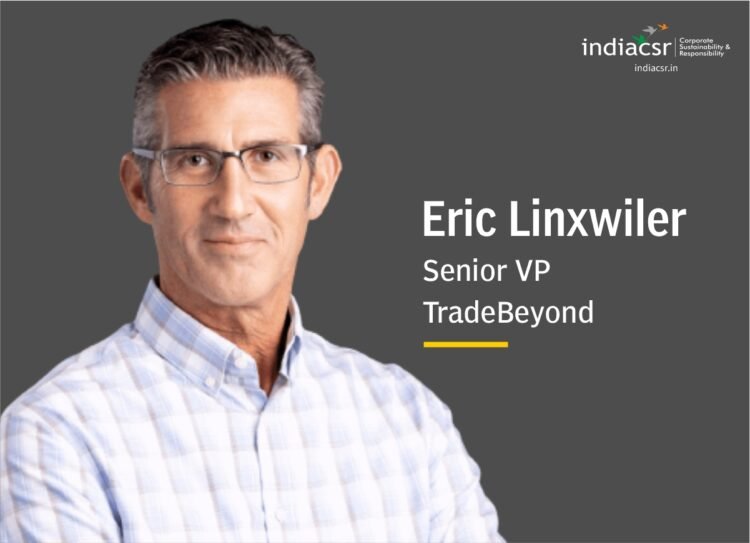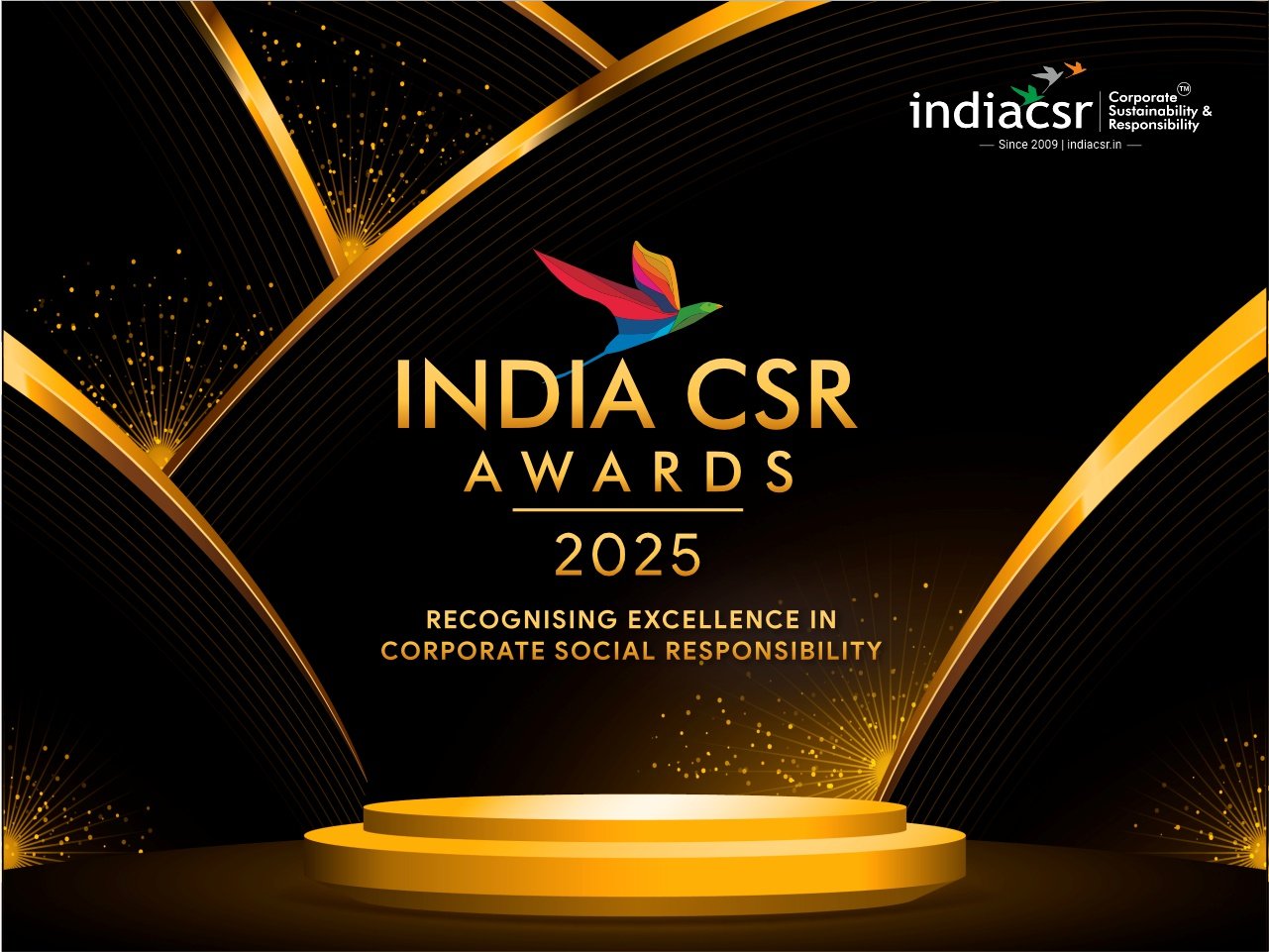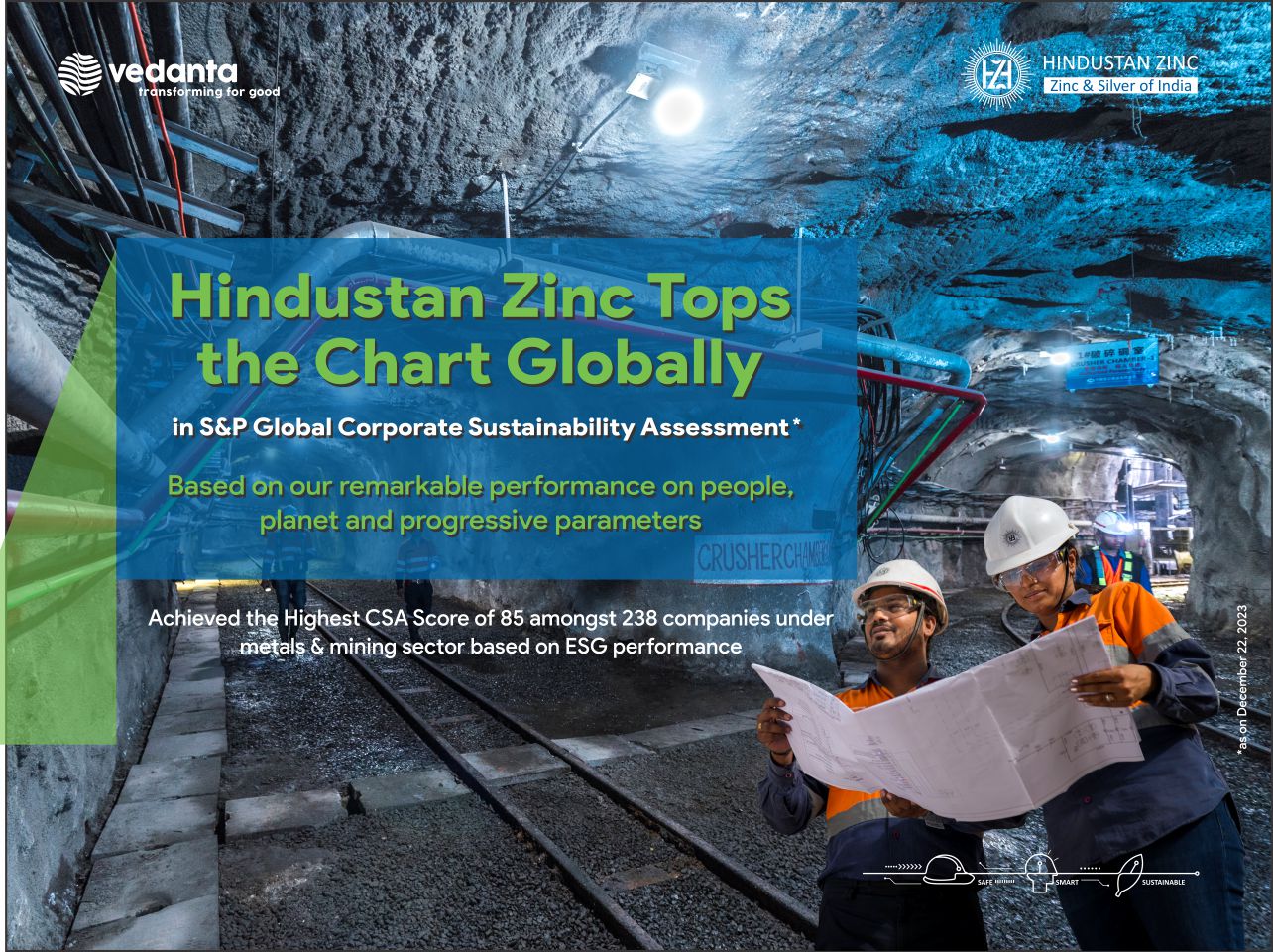
The European Union is rapidly nearing passage of arguably the world’s most consequential supply chain law. In June, the EU Parliament voted to move forward with the Corporate Sustainability Due Diligence Directive (CSDDD), which will require companies operating in the EU to implement due diligence policies to mitigate environmental and human rights abuses in their supply chains. It follows a series of more narrowly targeted EU laws aimed at weeding products linked to forced labor, deforestation, and conflict minerals from the supply chain.
Global Due Diligence Laws
As Europe moves the CSDDD past its final procedural hurdles, countries around Europe and North America are adopting their own, ever-tightening due diligence laws. Germany began the year by enacting its new German Supply Chain Act, which obligates companies operating in the country to prevent child labor, poor working conditions, and environmental abuses from all levels of their supply chain. Companies in violation could be fined up to 2% of their annual revenues. Canada, meanwhile, has passed a strict supply chain reporting law, S-211, which holds companies’ business directors personally liable for abuses in their supply chain. It goes into effect next year.
U.S. Uyghur Labor Act
And in America, of course, U.S. Customs and Border Protection is widely enforcing the country’s new Uyghur Forced Labor Prevention Act (UFLPA), which forbids the importation of any goods produced or manufactured wholly or in part in the Xinjiang region of China on the presumption that were made with forced labor. In the first year of the law, Customs has already detained $1,400 million worth of shipments, and the agency has continued to add staff to more rigorously enforce the law going forward. Lawmakers from both parties have made it clear that cracking down on forced labor remains a top priority.
Impact on Supply Chains
Supply chain regulations are nothing new, of course, but the scope and scale of these new laws and the speed at which they’re being enacted is unlike anything retailers have experienced before. Collectively, these laws are set to permanently transform the way brands and retailers manage their supply chains. Companies that don’t quickly put policies and procedures in place to comply with them risk enormous fines and penalties, shipping detainments, not to mention damaged consumer trust.
Automated Safeguards are Critical
Tightening regulations have underscored the urgent need for brands and retailers to begin digitalizing their supply chain operations with a multi-enterprise supply chain platform, also known as multienterprise collaboration networks. In the Gartner® Market Guide for Multienterprise Collaboration Networks, Gartner defines these platforms as “a key technology to coordinate, orchestrate and automate an organization’s extended supply chain within the overall business ecosystem they operate in.” These cloud-based platforms support collaboration between businesses, their suppliers, and their third-party partners, creating key communication channels while also introducing complete visibility into a company’s supplier base, from vendors to factories to raw material providers.
Ethical Compliance Boost
Through supply chain mapping, multi-enterprise platforms grant businesses a fuller understanding of their environmental footprint, including where their raw materials come from, how much carbon they’re emitting, and whether they’re making progress toward reducing their carbon emissions and waste. The right multi-enterprise platform can even introduce a solution for tracking and easily documenting the chain of custody of every product they make, from raw materials to finished goods, which is necessary to ensure compliance with the UFLPA. Companies in violation of the law could face fines of up to $250,000, on top of the costs of wasted merchandise and missed retail windows.
Supplier Onboarding
Multi-enterprise platforms can also help retailers choose the most responsible suppliers while saving time during the onboarding process for vendors and factories by ensuring that they have read and consented to the company’s terms. This way from the very earliest stages of working with a supplier, there’s total transparency about your ESG standards and expectations. This software also enforces a company’s social and environmental standards by preventing merchandisers from booking orders with non-compliant suppliers and preventing shipping departments from booking shipments with these vendors.
Ethical Supply Chain Future
With so many new global regulations for brands and retailers to adjust to and even more on the way, the coming years will reveal which brands and retailers have evolved their systems to meet these requirements and which ones have fallen behind in their obligations to build and maintain an ethical supply chain. One thing is already clear: Going forward, retailers that have implemented automated systems and safeguards to ensure ESG compliance will have an enormous advantage over those that wait.
About the Author
Eric Linxwiler is Senior Vice President of TradeBeyond. He has over 30 years of experience in enterprise software and cloud-based platform companies with a specialty in supply chain optimization and workflow management.
























